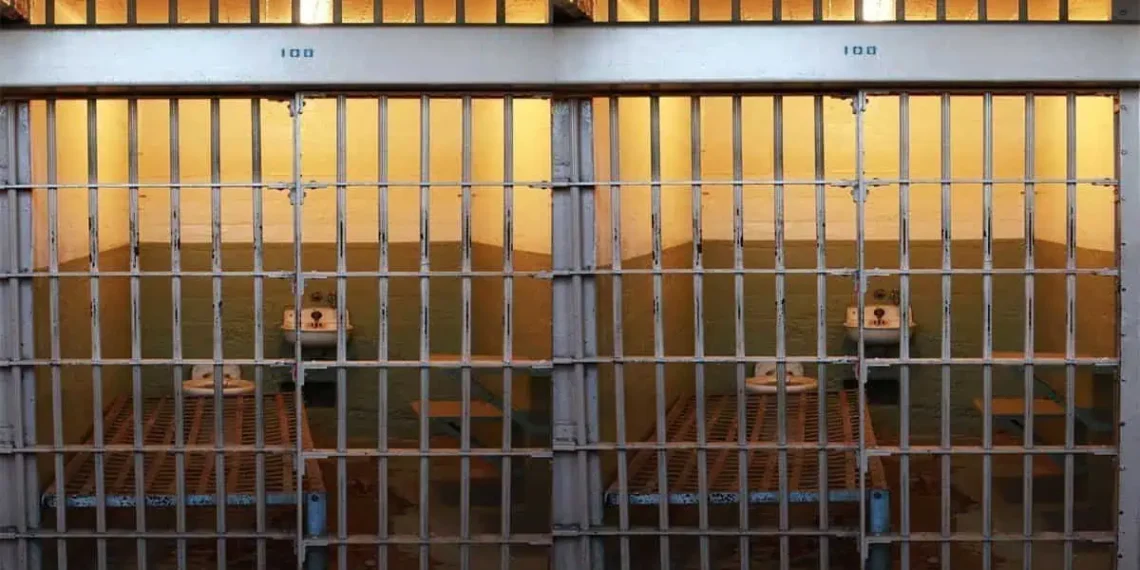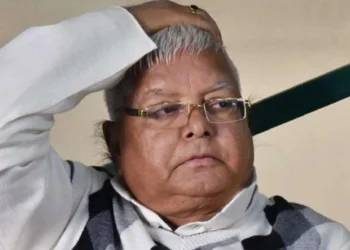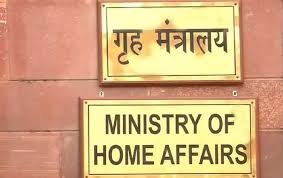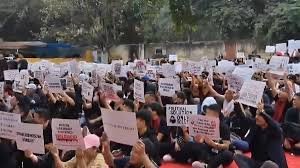Calling out the Manipur administration’s silence, KOHUR urged national and state human rights bodies to intervene and investigate what it described as a collapse of the rule of law in tribal detention practices.
BY PC Bureau
July 12, 2025: The Kuki Organization for Human Rights Trust (KOHUR) has issued a scathing condemnation of the conditions at the Senapati Temporary Jail, alleging systemic neglect, custodial apathy, and targeted discrimination against Kuki-Zo tribal prisoners. In a press release dated July 12, the organization called the jail’s conditions “inhumane” and in direct violation of both Indian constitutional protections and international human rights standards.
KOHUR claims that many detainees, particularly from the Kuki-Zo community, are being denied even the most basic necessities—adequate food, potable water, sanitary facilities, and medical care—constituting what it describes as “gross custodial abuse.” The jail, located in Senapati District, has reportedly been used as a temporary holding facility amid continuing ethnic unrest in Manipur.
EYEOPENER: The Mega Tribal Land Grab (2): How Adivasi Fight a Losing battle in Chhattisgarh
“The treatment of tribal prisoners in Senapati Jail highlights a wider pattern of institutional bias and discrimination,” the statement reads, adding that such treatment has only intensified since the outbreak of ethnic violence on May 3, 2023, which displaced tens of thousands across the state.
Pattern of Structural Neglect
According to KOHUR, repeated appeals by civil society groups and human rights organisations to improve custodial conditions have been ignored by Manipur’s state administration. The statement criticises the absence of any proactive intervention and describes the silence as not only “morally unacceptable” but “legally indefensible.”
The organization invoked Article 21 of the Indian Constitution, which guarantees the right to life and personal liberty—even to those in state custody—and referenced India’s obligations under the Universal Declaration of Human Rights.
“That a jail within a democratic country is allowed to operate under such primitive and degrading conditions raises deeply troubling questions about the collapse of the rule of law and accountability in the hill districts of Manipur,” the group stated.
Manipur : The Kuki Organization for Human Rights Trust vehemently condemns the deplorable conditions prevailing at the Senapati Temporary Jail and urges the competent authorities to intervene on an urgent basis to rectify this grave situation.@BhallaAjay26 @PIBHomeAffairs pic.twitter.com/pZn0jK99jc
— Neng Khongsai KUKI (@KhongsaiChanu) July 12, 2025
Ethnic Discrimination in Detention?
The press release further warns that the continued differential treatment of Kuki-Zo prisoners—both in legal process and custodial practices—reflects a deeper crisis of ethno-political targeting. KOHUR argues that the current custodial standards reveal structural discrimination embedded within state institutions, especially given the tribal identity of the majority of those detained in Senapati Jail.
READ: “They Take Away Our Children” (Part-1): Tibet’s Tragic Preschools
Call for Immediate Intervention
KOHUR has appealed to constitutional and statutory authorities for immediate intervention, including:
- The President of India and the Governor of Manipur to take suo motu cognizance of violations.
- The Deputy Commissioner of Senapati District to inspect the jail, ensure emergency provisions, and verify detainee welfare.
- The Manipur State Human Rights Commission and the National Human Rights Commission to launch a full investigation and publish findings.
- Judicial authorities to ensure that jail conditions comply with Supreme Court judgments and established custodial care standards.
The Senapati facility has housed numerous detainees, many of them from the Kuki-Zo community, following widespread ethnic violence that erupted in 2023. Over the past year, human rights bodies have raised alarms over arbitrary detentions, lack of legal representation, and poor detention infrastructure in Manipur’s hill districts. KOHUR’s latest statement is among the strongest civil society condemnations in recent months, particularly highlighting the conditions faced by tribal prisoners.
With law and order still precarious and President’s Rule in place, the KOHUR statement is likely to place further pressure on state and national authorities to address concerns of custodial bias and systemic marginalisation in Manipur’s justice system.














